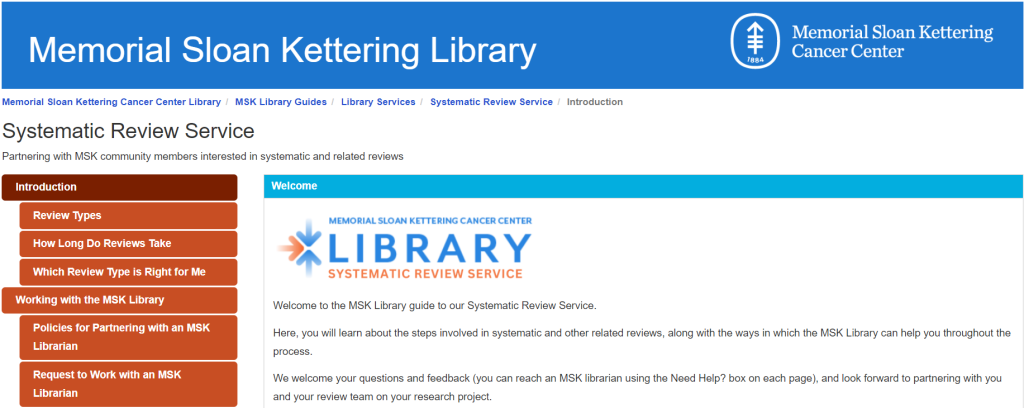Join us and discover the value of systematic reviews and key statistical concepts for meta-analysis success. Presentations will focus on the differences between a systematic review and meta-analysis, Wiley’s Cochrane Library and their gold standards for conducting a systematic review, and how meta-analysis can summarize and quantify the results pulled from identified studies.

You’ll also have an opportunity to pose questions to our expert speakers and dive deeper into these research methodologies.
Date: Thursday, June 16, 2022
Time: 12:00 PM to 1:30 PM, EST
Location – Zoom Webinar – Register Now
Speakers
Colleen Finley, Product Manager, Cochrane Library, Wiley
With over 35 years of experience in publishing, Colleen has an extensive background in product management for digital platforms, with emphasis on database creation and search. As a Product Manager for Wiley Online Library and Cochrane Library search, she evaluates user needs and creates requirements for new features. Prior to joining Wiley, Colleen worked at Elsevier as Online Product manager for Embase.
Celine Soudant, MAgrSc, MLIS, Research Informationist II, MSK Library
Celine Soudant joined the MSK Library in 2019 as a Research Informationist and liaison to the nursing community. Celine assists users with literature searches and offers workshops such as conducting a literature search, introduction to systematic reviews, and understanding reference management tools. In addition, as a member of MSK Library’s Systematic Review Service, she supports teams undertaking systematic reviews. Celine holds a Master of Library and Information Science (Palmer School of Library and Information Science, LIU, New York) and a Master of Science in Agriculture (Ecole supérieure d’Agriculture d’Angers, France).
Andrew Vickers, PhD, Attending Research Methodologist, Epidemiology & Biostatistics, MSK
Dr. Vickers’ research falls into three broad areas: randomized trials, surgical outcomes research and molecular marker studies. A particular focus of his work is the detection and initial treatment of prostate cancer. Dr Vickers has analyzed the ’learning curve’ for radical prostatectomy. He is working on a series of studies demonstrating that a single measure of prostate specific antigen (PSA) taken in middle age can predict lethal prostate cancer up to 30 years subsequently. He has also developed a statistical model to predict the result of prostate biopsy, work that has been commercialized and is clinically available through OPKO Diagnostics. His work on randomized trials focuses on methods for integrating randomized trials into routine surgical practice so as to compare different approaches to surgery. As part of this work he has pioneered the use of web-interfaces for obtaining quality of life data from patients recovering from radical prostatectomy. Dr. Vickers’ methodological research centers primarily on novel methods for assessing the clinical value of predictive tools. In particular, he has developed decision-analytic tools that can be directly applied to a data set, without the need for data gathering on patient preferences or utilities. Dr Vickers has a strong interest in teaching statistics. He is course leader for the MSK biostatistics course and is author of the introductory textbook “What is a p-value anyway?” In his capacity as Co-Director of the PRO-CEL Core Facility, Dr. Vickers spearheads a number of innovative informatics initiatives throughout MSK, including the Amplio quality assurance system. He attended his first Cochrane Collaboration meeting in 1995 and has worked on systematic reviews since 1994.
 The MSK Library Reference Team has launched a new guide to our
The MSK Library Reference Team has launched a new guide to our 